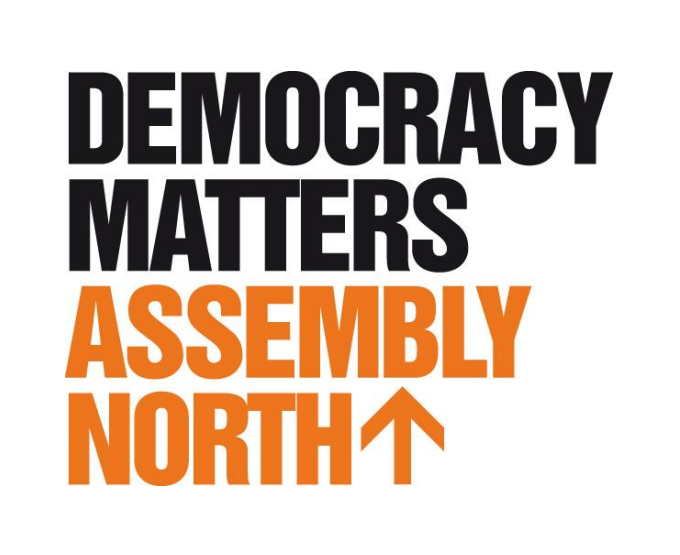Professor Lord Blunkett and Professor Matt Flinders discuss developments in the Government’s devolution agenda and flag up the core weakness at the heart of the policy.
What’s really happening to English local governance? The simple answer is that no one really seems to know. In recent weeks a tranche of newspaper articles have announced that the new Prime Minister, Theresa May, plans to abandon George Osborne’s plans for regional ‘metro mayors’ for fear of creating Labour Party-controlled fiefdoms. These rumours were subsequently scotched by the Prime Minister in two columns in regional newspapers in which she came out in support of both the ‘Northern Powerhouse’ concept and the election of regional mayors. ‘Devolution deals will continue in the usual way’ a Department for Communities and Local Government spokesman emphasised, ‘Elected mayors remain the best way to make them work.’
And yet the ‘Is she? Isn’t she?’ questions continue to be asked about the Prime Minister’s commitment to her predecessors’ solution to the thorny ‘English question’.

The Rt Hon Theresa May. Image courtesy of the Home Office via Wikimedia Commons
Could it be, however, that this apparent ambivalence reflects a deeper and underlying weakness in the English devolution policy that Theresa May has detected? Could it be that her political antennae has picked up the signals of a major policy fiasco potentially coming down the line?
The policy’s weakness is simple and has been highlighted by a number of academic and parliamentary reports: the lack of any meaningful public engagement or debate about the governance of England. Our argument is not that the public houses of Scunthorpe, Sprotborough or Swindon are full of constitutional architects who want to play a role in designing democracy. But there is plenty of evidence that the public want to engage in local decisions that will affect their lives. And yet the public engagement activities of local authorities has often been distant and cursory. Put slightly differently, the reform agenda for the English regions has been an elite-to-elite affair that risks simply confirming the public’s belief that politicians are an insulated and disconnected political class.
 The potential policy problem coming down the line for the Prime Minister is therefore obvious: the implementation of a vaunted ‘revolution in devolution’ that fails to fire the public’s imagination and therefore leads to derogatory turnouts in the first mayoral elections of 2017. A new breed of ‘metro mayors’ emasculated from birth by the lack of a credible democratic mandate would destroy a policy that actually offers huge potential. Powerhouses need firm foundations if they are to take hold and deliver sustainable long-term change. The Government’s English devolution agenda may well offer huge opportunities in terms of regional economic growth, employment and market innovation. It may also generate new forms of community engagement and educational innovation. But its true potential will only be fulfilled if the new city regions develop democratic roots through meaningful public engagement and dialogue, a form of ‘devo demo’ that has simply not been cultivated or encouraged within this policy so far.
The potential policy problem coming down the line for the Prime Minister is therefore obvious: the implementation of a vaunted ‘revolution in devolution’ that fails to fire the public’s imagination and therefore leads to derogatory turnouts in the first mayoral elections of 2017. A new breed of ‘metro mayors’ emasculated from birth by the lack of a credible democratic mandate would destroy a policy that actually offers huge potential. Powerhouses need firm foundations if they are to take hold and deliver sustainable long-term change. The Government’s English devolution agenda may well offer huge opportunities in terms of regional economic growth, employment and market innovation. It may also generate new forms of community engagement and educational innovation. But its true potential will only be fulfilled if the new city regions develop democratic roots through meaningful public engagement and dialogue, a form of ‘devo demo’ that has simply not been cultivated or encouraged within this policy so far.
Biographies


David Blunkett is Professor in the Practice of Politics at the University of Sheffield and a Labour Member of the House of Lords. Matthew Flinders is Professor of Politics and Founding Director of the Sir Bernard Crick Centre for the Public Understanding of Politics at the University of Sheffield.
Notes
This is an abridged version of ‘Devolution, Evolution, Revolution….Democracy? which appears in the current edition of The Political Quarterly.
This article gives the views of the author, and not the position of the Crick Centre, or the Understanding Politics blog series.
To write for the Understanding Politics blog email us at crick@sheffield.ac.uk
The post Muddling Through (Again): The Future of English Regional Government appeared first on Crick Centre.
